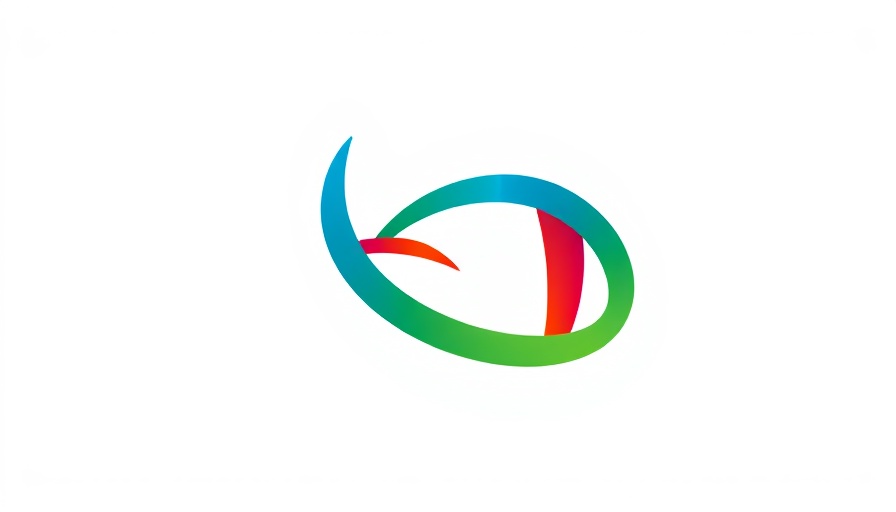
Driving Inclusive Growth: Africa's Investment Resilience Amid Challenges
The launch of the African Development Fund (ADF-16) Delivery and Results Report for 2025 marks a significant moment in Africa’s economic landscape, highlighting the resilience of its low-income countries in overcoming adversity. In a context fraught with economic turbulence, rising debt, and security issues, the report illustrates how the ADF has become a beacon of hope, leveraging strategic investments that not only aim to alleviate immediate challenges but also promote long-term sustainable development.
The Impactful Results of the ADF in 2024
In 2024, the ADF’s interventions brought transformative benefits to millions of lives. Notably, approximately 2.9 million individuals gained access to clean water, while over half a million were connected to electricity. The ADF’s health improvement efforts benefitted 1.2 million people, while the agricultural sector saw significant boosts with support for over 24,000 agribusinesses — over 8,000 of them led by women. This direct investment not only furnishes essential services but also enhances economic opportunities, particularly for marginalized groups.
Financing for Future Generations
The ADF’s ambitious Missions 300 initiative aims to provide electricity to 300 million Africans by 2030, spurred by over $55 billion in commitments. Additionally, the integration of climate resilience in 99% of new projects underlines a critical shift toward sustainable operational practices. This focus on climate action empowers local economies, making them less vulnerable to the repercussions of climate change.
Empowering Women and Youth: A Central Tenet
Women and youth empowerment remains foundational to the ADF’s mission, with 96% of new projects now incorporating gender equality components. In 2024, nearly 300,000 jobs were created specifically for young people aged 15-35, showcasing a vital investment in the continent’s future leaders and workforce. Such measures are essential in fostering an inclusive environment that nurtures growth and resilience, promoting shared prosperity.
The Road Ahead: Implications for Policymakers and Investors
For business leaders, investors, and policymakers, the ADF-16 Delivery and Results Report serves as a crucial tool. It emphasizes the potential of collaborative investments and strategic partnerships in addressing Africa’s infrastructural gaps and economic challenges. Those engaging with Africa's development landscape must understand that innovative and resilient strategies will define the future trajectory of the continent.
Conclusion: Take Action with ADF Investments
This report does more than showcase past achievements; it heralds an era of renewed ambition and solidarity across the continent. As Dr. Sidi Ould Tah, President of the African Development Bank, aptly puts it, "This is a defining moment. The African Development Fund stands ready to meet Africa's aspirations." Engaging with the ADF is paramount for anyone keen on influencing Africa’s socio-economic evolution. Whether you are an investor looking for impactful opportunities or a policymaker shaping trade policies, the pathways to Africa’s sustainable success are being paved through concerted action and dedication.
 Add Row
Add Row  Add
Add 


Write A Comment